The Reserve Defence Forces, which consists of both an army and a naval element, is currently recruiting. While a position in the Reserves doesn’t pay, it’s a great way to dip your toes in and see if army life is for you. The closing date for applications is 11.59pm on 6 September. But what exactly do the Reserve Defence Forces do?
On the military.ie website under the section devoted to the Reserves, readers are asked: “What did you get up to last weekend?” This is followed by “well, if it involved getting together with a 100 or so good friends and firing semi-automatic Steyr AUG rifles, or being part of an artillery gun crew, then you already know about the unique challenges and attractions of the Reserve Defence Forces. If not, maybe you should check it out”.
The task of the Reserve Defence Force is to augment the permanent defence forces in a crisis situation, and to contribute to state ceremonial events. The Reserves played a prominent role in the centenary ceremonial commemorations last year. In non-crisis situations, the main focus of the Defence Forces is to prepare for the roles they may be given.
What kind of person is sought for the Reserves? Captain Ciara Ní Ruairc tells Irish Country Living they are looking for “basically the exact same qualities we look for in an individual looking to join the permanent defence forces, so someone who can show respect, loyalty, selflessness, physical courage, moral courage and integrity”. Ciara also says teamwork is going to be hugely important: “If they’re given a task that they’ll do it and they’ll be respectful in terms of command structures and also in terms of their own peers, as well within the organisation. It’s based on someone who can show they’re in tune and focused on the defence forces values.”
Captain Ní Ruairc notes that among those interested in joining the Reserves may be people who are “interested in joining the permanent defence forces at some stage and want to get a flavour for what the defence forces is all about – they’re ideal candidates – and anyone who wants to serve their communities and get involved in an important link to society”.
Training
Reserves receive modern training centred around a weekly training parade, which is usually two hours in duration, while there are also field days and overnights, usually about once a month. There are also training camps during the summer period, which can be up to 14 days in duration. If Reserves have certain specialist skills coming into the organisation – perhaps they come from an engineering or communications background – there will be opportunities to go into those specific core areas once they’ve completed their basic training.
Are there many women in the army? Captain Ní Ruairc explains that currently 6% of the defence forces is made up of women. In 2016, a specifically-targeted female recruitment campaign was run and this doubled the number of female applicants.
There are several hurdles to jump over before you can get into the defence forces, not least the fitness test. But it sounds doable. Candidates need to be able to do 20 sit-ups in a minute, 20 press-ups in a minute and a 2.4km run. Men have to complete the run in 11 minutes 40 seconds, while women have to complete it in 13 minutes 10 seconds.
“Once you practice it, you’ll do it absolutely no problem,” advises Ciara. Military.ie also has an outline of how to prepare for a fitness test.
Candidates must be 18 (but you don’t need to have completed the Leaving Cert) and not more than 35 years of age on the date of enlistment. Candidates sign up for three years initially.
“It’s a great cornerstone for induction/military training and just to get a general feel, and also in terms of the socialisation and getting to know people,” says Captain Ní Ruairc. The captain also notes it’s an opportunity to get to see how the defence forces work on a bigger scale, to be involved in exercises and work with members of the permanent defence forces.
In terms of how many people will be taken on, Ciara says “there’s no designated number, it’s based on Reserve Defence Force vacancies”. She does note that an initial bulk number will be taken on.
There’s no doubt the Reserves will look good on your CV – but better yet again, you can rise up the ranks. There are two streams – the non-commissioned and the officer core.
“If someone is a private and they want to go up and become a corporal, they do their potential non-commissioned officers course. It’s modularised and the course is done on a part-time basis,” says Captain Ní Ruairc.
Those who join the Naval Service Reserve will receive training in sea survival, damage control and firefighting, boat handling, weapons training and communications. Certified courses in these areas are run in the National Maritime College of Ireland near the base in Ringaskiddy, Cork. CL
Air Corps Technician roles
For anyone who may be interested in a role as a Air Corps Technician, you have until 11.59pm, Thursday, 17 August, to get your application in.
Technicians provide the maintenance and servicing of Air Corps weapons, equipment and aircrafts. The Air Corps is looking for young, enthusiastic and technically-minded individuals. Applicants should be interested in learning a new trade and in practising it in challenging situations. This course is approximately four years in duration. Upon successful completion of a four-month basic military training course, the trainee technician will commence their academic studies. These studies consist of a three-year Level 7 degree programme, with two semesters per year.
Trainee technicians will be instructed in all disciplines of aircraft maintenance, including fixed and rotary wing aircrafts, power plant and avionics. In terms of entry criteria, applicants must be over 18 years of age and under 21, on the date of close of applications.
Serving Permanent Defence Forces personnel must be 18 years of age and under 23 on the date of close of applications. Candidates need to have completed their Leaving Cert and need to have met stipulated criteria in terms of Leaving Cert subjects taken. Visit www.military.ie for more information.





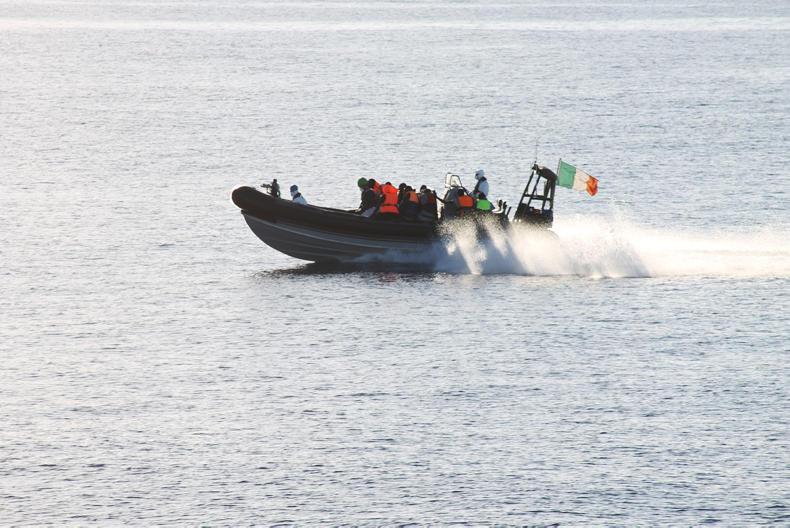
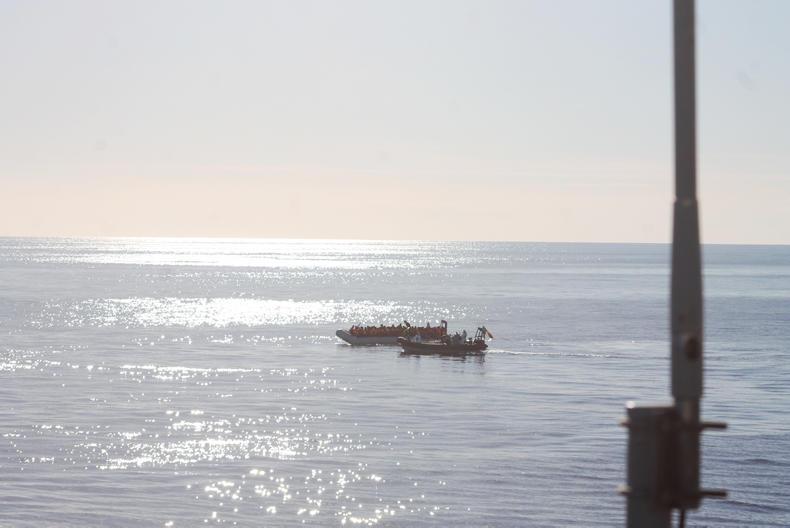

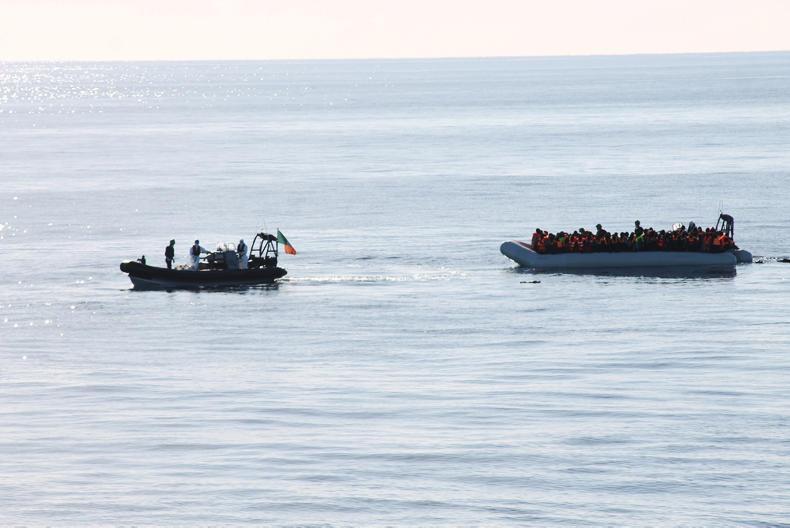
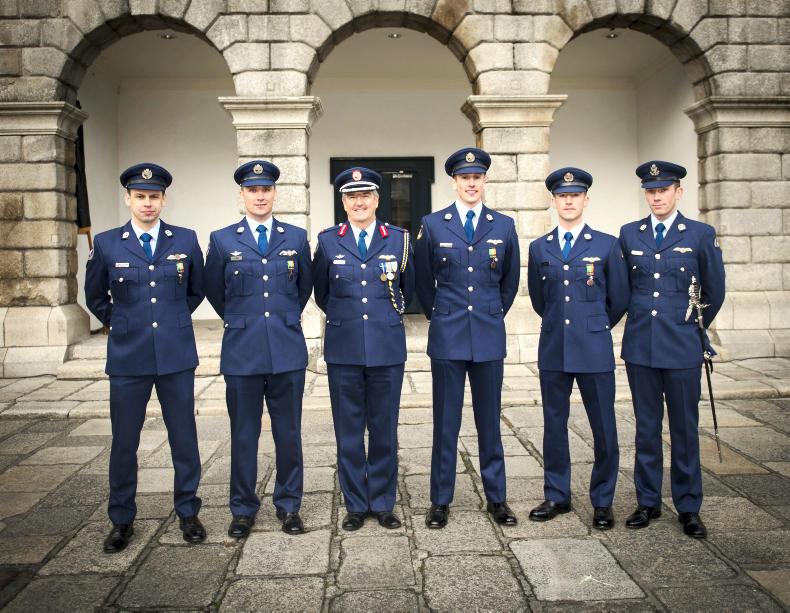
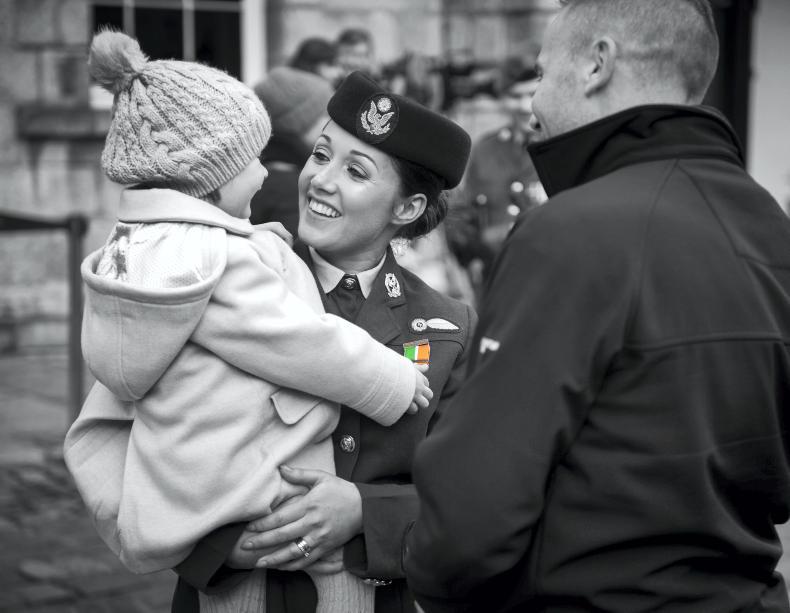

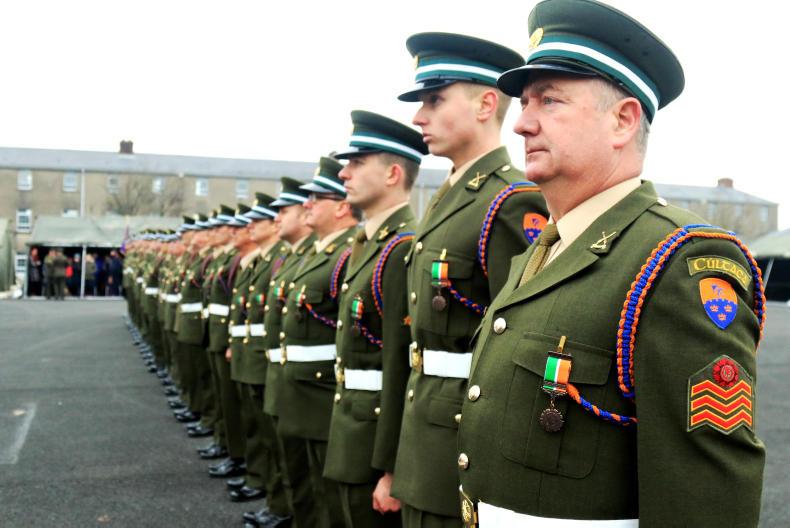
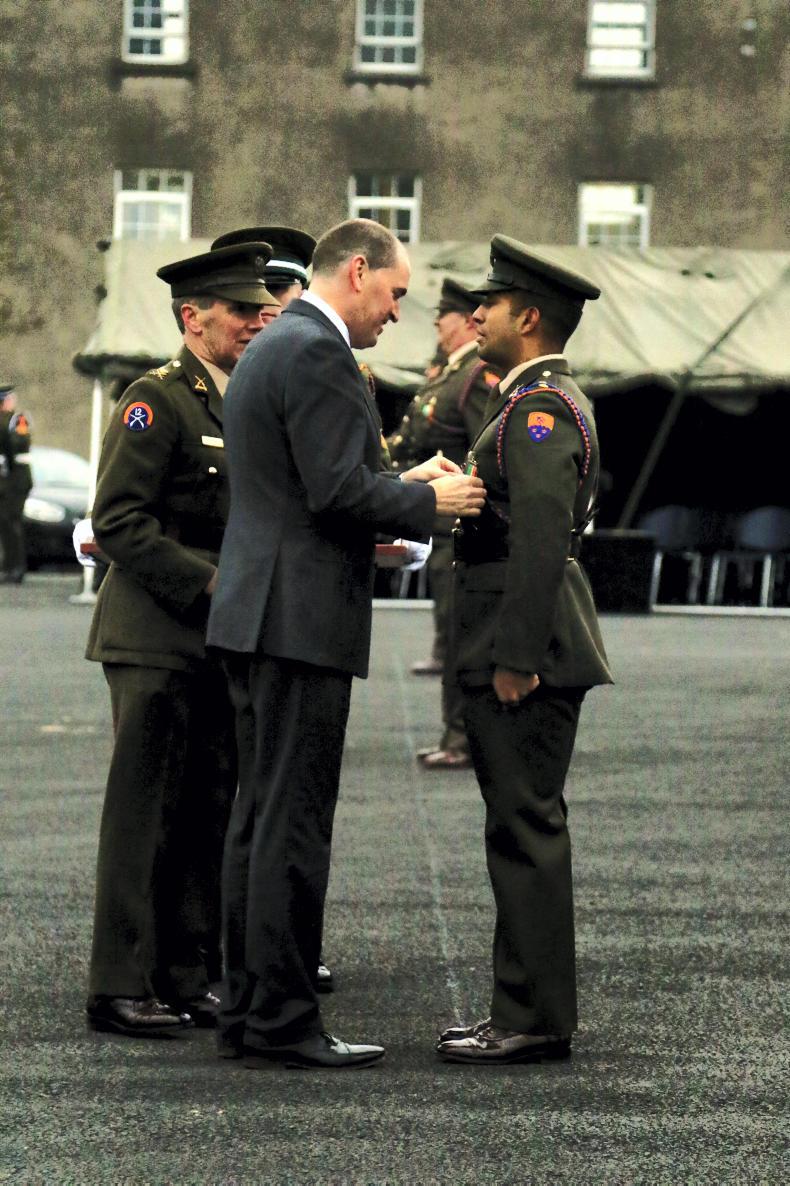
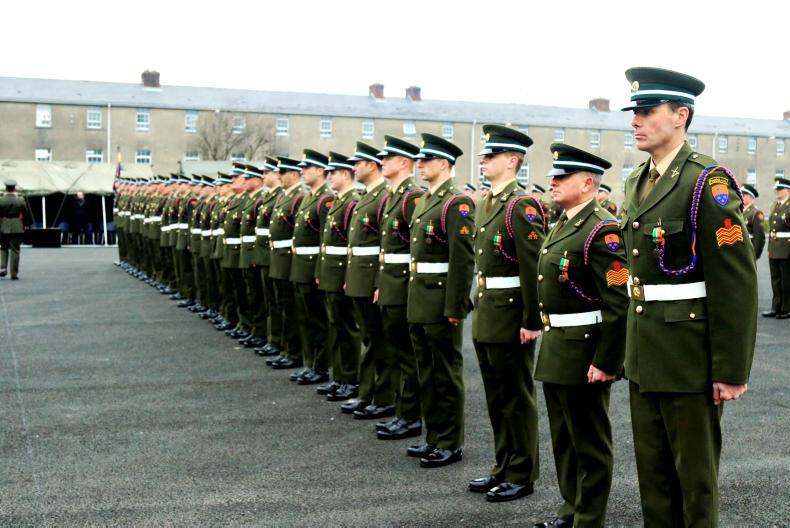
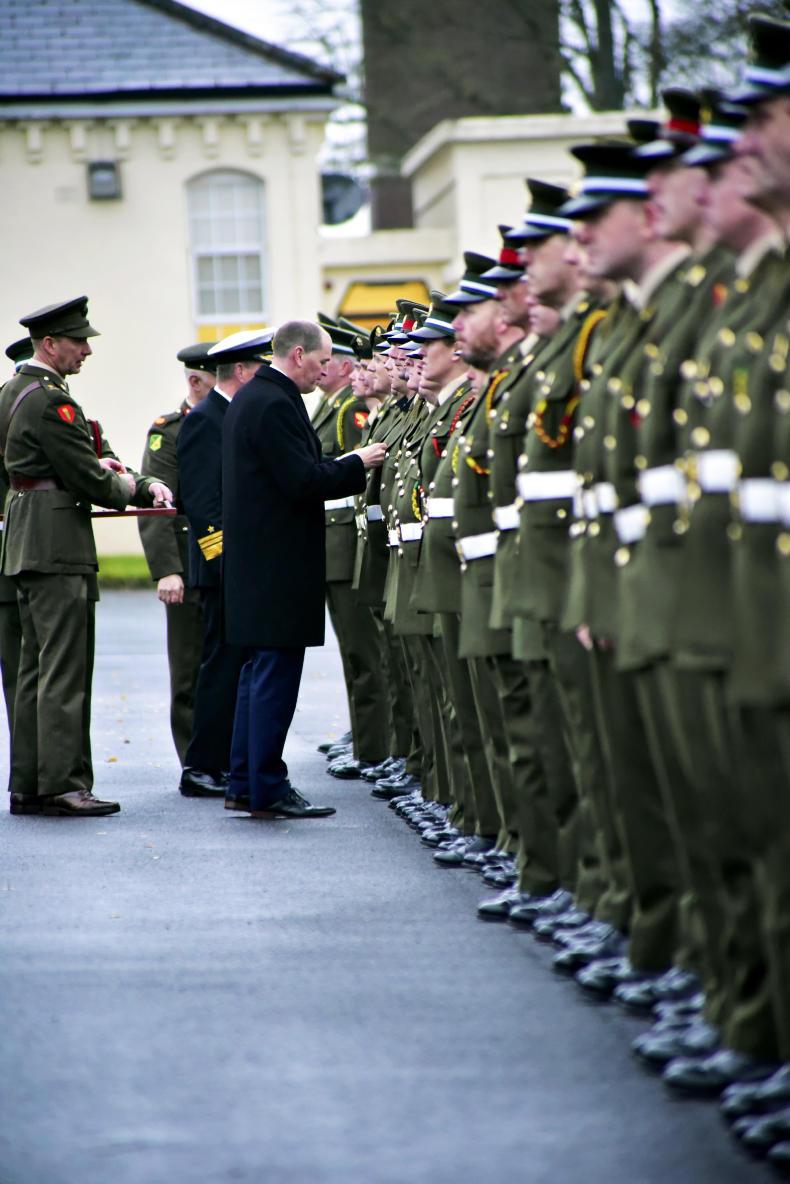

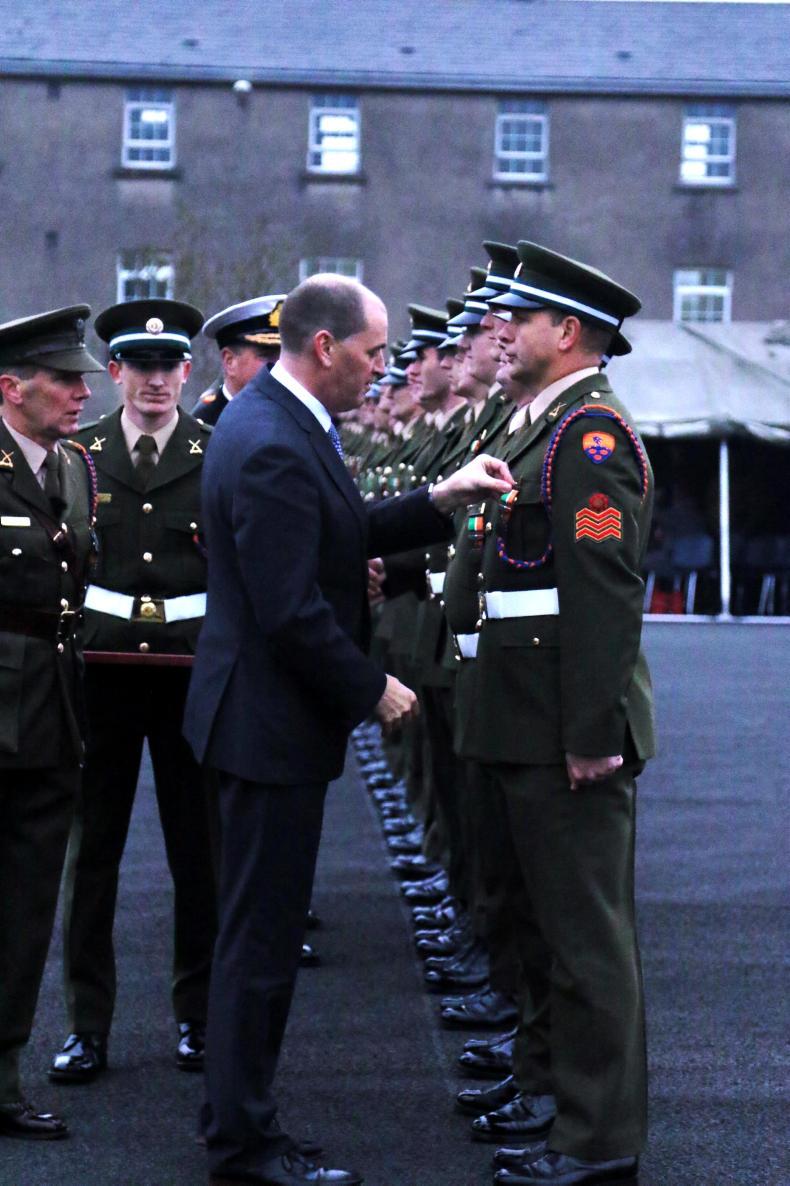
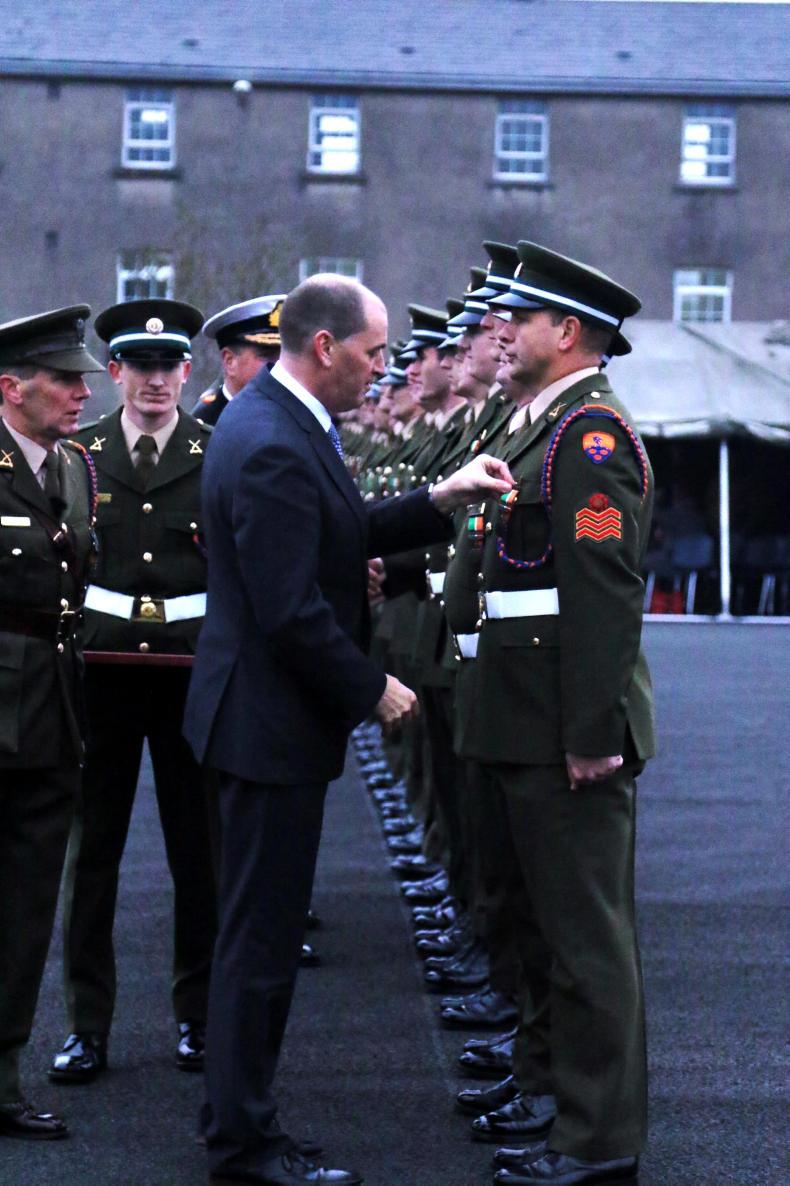


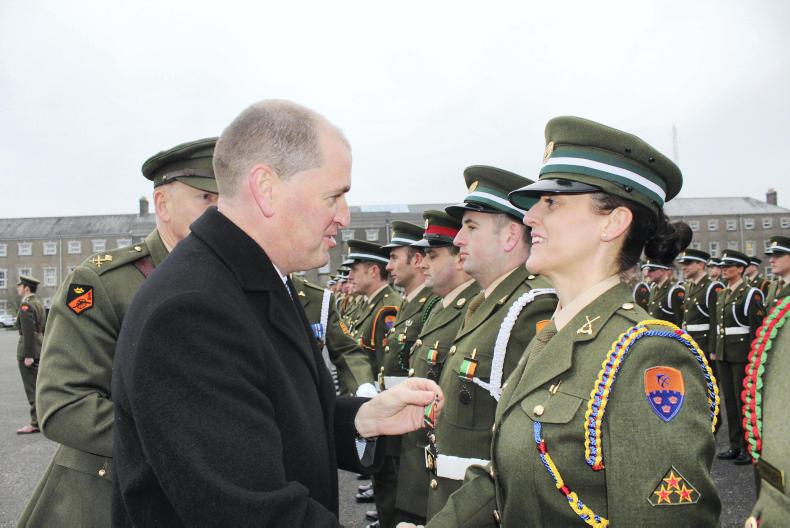
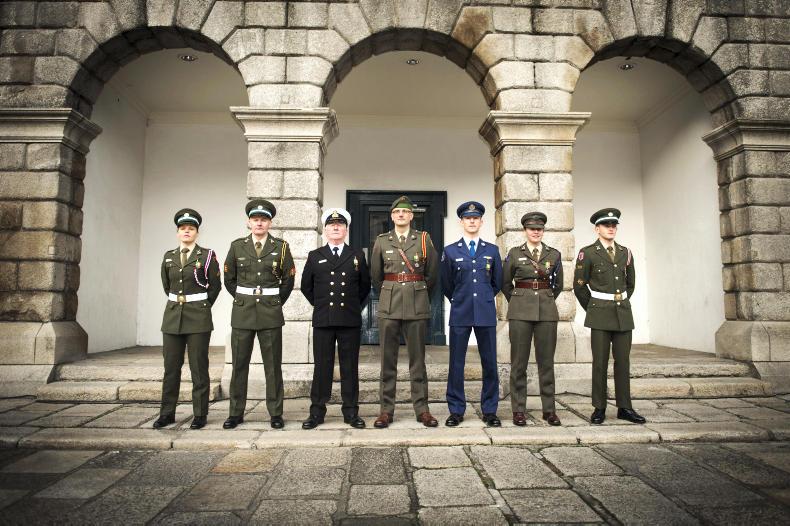
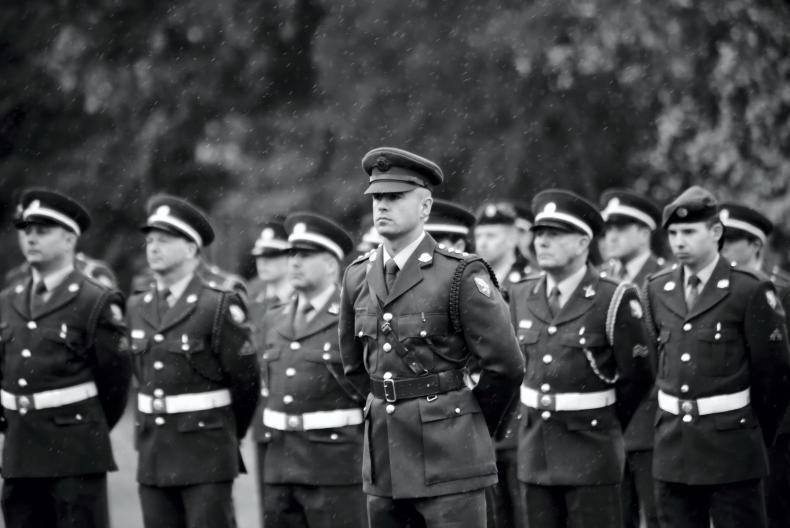
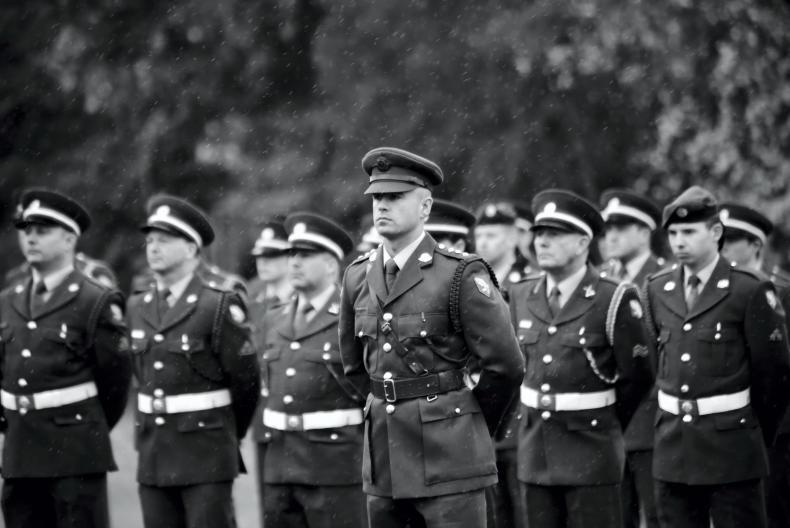

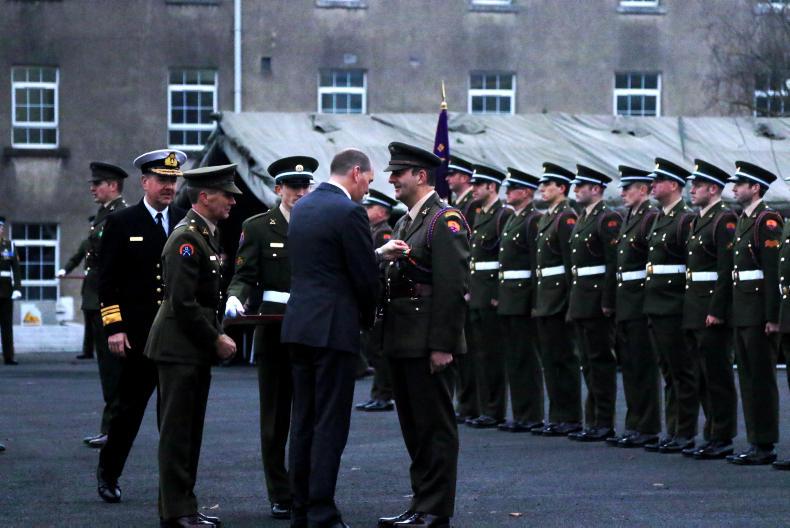
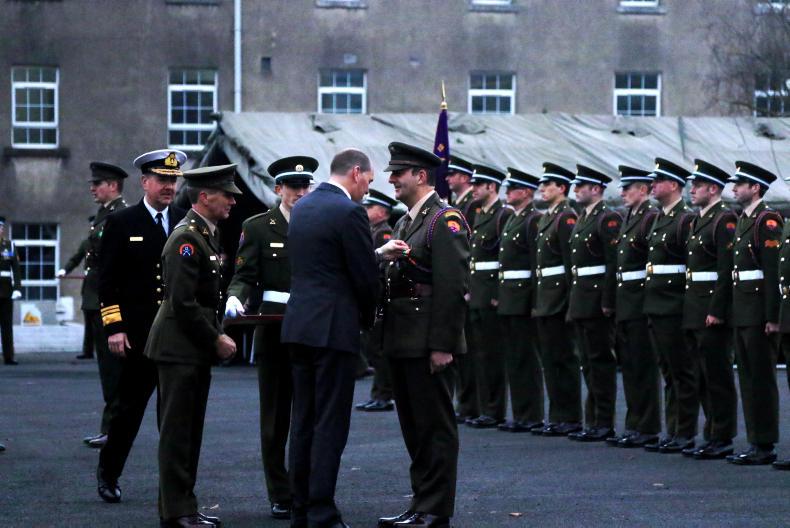
SHARING OPTIONS